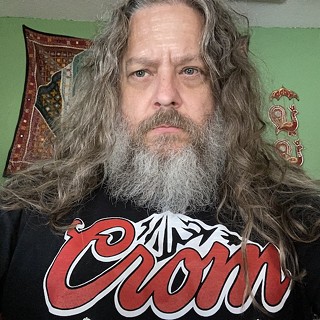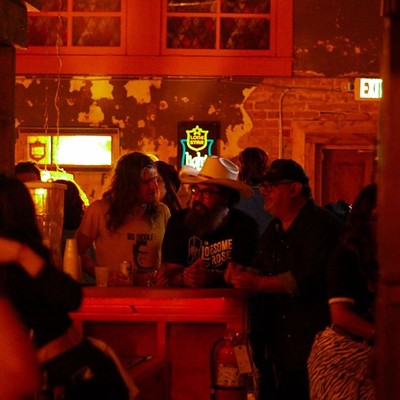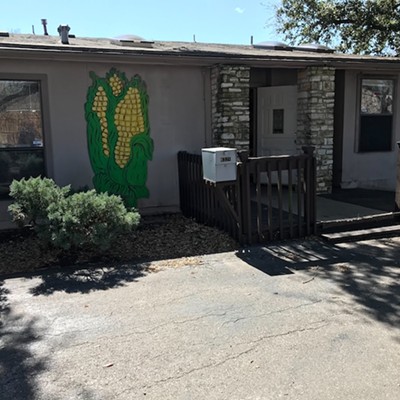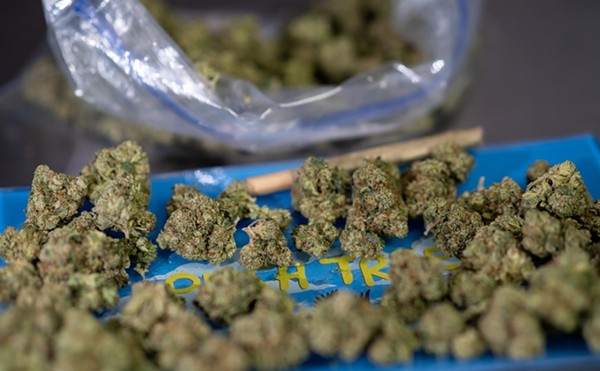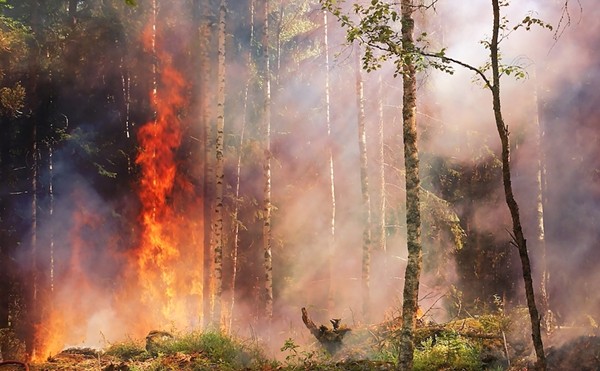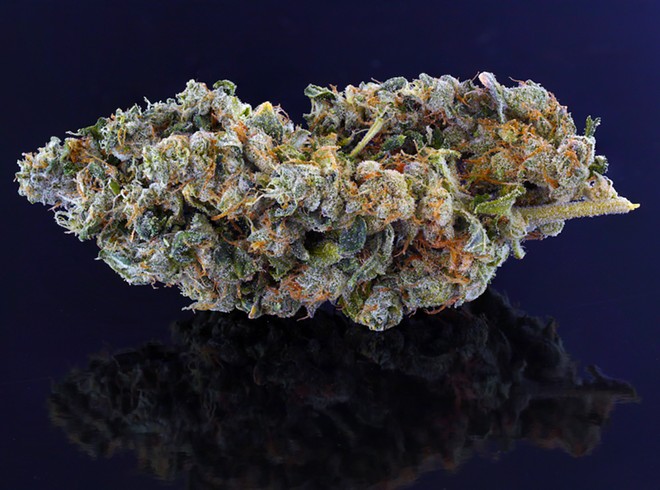
Texas Monthly Senior Editor Russell Gold bought smokable cannabis at eight dispensaries — two each in San Antonio, Austin, Dallas and Houston — and had them tested to see if they exceeded the legal limit of THC allowable in hemp.
The result? All eight samples contained delta-9 THC levels that blew past the state limit of 0.3%, meaning they would be classified as illegal under Texas law.
For example, a “house blend” preroll from the Alamo Heights location of Green Haven Cannabis Co. tested at 12.38%, or 41 times the legal limit, according to Texas Monthly. Patrick Brantley, who owns the three-store chain, told the magazine he relies on testing numbers provided by his suppliers.
“You are held captive to the [certificates of analysis] the companies provide,” Brantley said via email.
Texas Monthly used San Francisco-based Anresco Laboratories to test the samples, which conducted a similar test of its own earlier this year. In that examination, 19 of 29 commercial hemp samples it tested were above the 0.3% level.
Sarah Otis, Anresco's director of quality, told the magazine that if suppliers of hemp products aren't accurately testing for THC levels, there's also reason to question whether the buds are being checked for pesticides, heavy metals or dangerous molds.
Texas Monthly's article is more ammunition for those lobbying federal lawmakers to close a loophole in the U.S. Farm Bill that allows commercial sale of THC-containing hemp products. Some are also pressuring Texas lawmakers to ban their sale, although it seems unlikely the Lege will take any action on the matter before it reconvenes next year.
Earlier this year, a bipartisan group of 21 attorneys general sent a letter to Congress urging it to narrow the definition of legal hemp as it debates renewal of the Farm Bill.
The letter noted that states are dealing with a rise of poisonings from poorly made and improperly labeled products. Some experts also warn that hemp products manipulated to boost their THC levels may actually pose health threats that aren't fully understood.
Matthew Rossheim, an associate professor in the University of North Texas Health Science Center's School of Public Health told Texas Monthly that the methods used to boost THC levels may turn out to pose risks to users.
“We won’t know the health effects of these for years and years to come,” Rossheim, who's penned scientific papers on hemp products being sold around the state, told the publication. "People don’t even realize what all they’re putting in their bodies. So how will we be able to figure out which stuff is most harmful and poisonous? It’s just a mess."
Subscribe to SA Current newsletters.
Follow us: Apple News | Google News | NewsBreak | Reddit | Instagram | Facebook | Twitter| Or sign up for our RSS Feed


